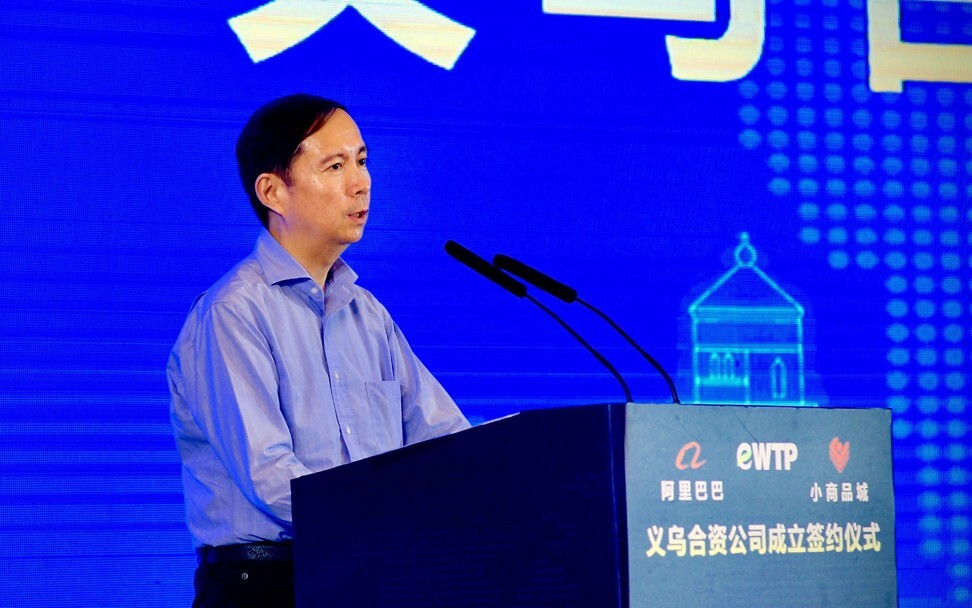
Alibaba says its cloud computing business holds tremendous potential as China picks up pace on digitalisation drive
- Alibaba Cloud posted its first profit before interest, tax and amortisation during the three months ended December
- Alibaba operated the world’s fourth-biggest cloud computing service in the quarter ended September, behind Amazon Web Services (AWS), Microsoft’s Azure and Google Cloud, according to a ranking by Canalys
Alibaba Cloud posted it first profit before interest, tax and amortisation during the three months ended December, meeting the goal by the Hangzhou-based e-commerce behemoth for the financial year ending in March, and fulfilling the promise made by chief financial officer Maggie Wu last September.
“Over the years, our businesses have become more diversified, and more integrated as we provide more value-added service to merchants and businesses,” Wu said during a conference call with analysts on Tuesday night after the company reported its third-quarter results. “The value we add is reflected not only in our original Taobao and Tmall businesses but also in new retail, Cainiao, international commerce, local consumer service, and cloud computing.”
Alibaba operated the world’s fourth-biggest cloud computing service in the quarter ended September, behind Amazon Web Services (AWS), Microsoft’s Azure and Google Cloud, according to a ranking by Canalys.

Cloud computing was a major growth driver for the company, which owns South China Morning Post.
Revenue from the cloud operation grew 50 per cent during the quarter ended December to 16.1 billion yuan (US$2.470 billion), contributing 7 per cent of the group’s quarterly revenue.
“We do believe in the future, all the industrial sectors, they need a cloud service,” said Alibaba’s chairman and chief executive Daniel Zhang Yong during the same call.
China will be spending more on cloud computing, as the nation accelerates its digitisation process, pushing the revenue in the public cloud computing market to grow at over 20 per cent per annum from 2019 to 2024, where Alibaba will be the “clear leader,” way ahead of competitors like Tencent Holdings, according to a January report by Bernstein.
SCMP Infographics: Artificial intelligence and the Made in China 2025 master plan
The country’s three largest e-commerce platforms are all accelerating moves into China’s lower-tier cities, which had been under way for some time amid saturation and more competition in the biggest urban centres.
Taobao Deals, which offers flash sales of lower-priced items varying from groceries to daily commodities by connecting factories and small-scale producers direct to customers on the platform, was launched last March as an example of Alibaba’s customer-to-manufacturing (C2M) platform. Taobao Deals surpassed 100 million mobile monthly active users for the first time in the quarter ended December, Zhang said.
SCMP Infographics: China’s tiered cities and how they are classified
Chinese regulators have tightened up their grip on the country’s tech giants and have announced an antitrust investigation into Alibaba over alleged monopolistic behaviours, such as “forced exclusivity”, a requirement for e-commerce merchants to pick only one platform as their exclusive distribution channel.
“Alibaba looks closest to the sun at the moment in terms of near-term regulatory risk,” said the Bernstein report, adding that Alibaba takes over around 20 per cent of total China retail sales, and the company “directly or indirectly influences the livelihoods of millions”.


